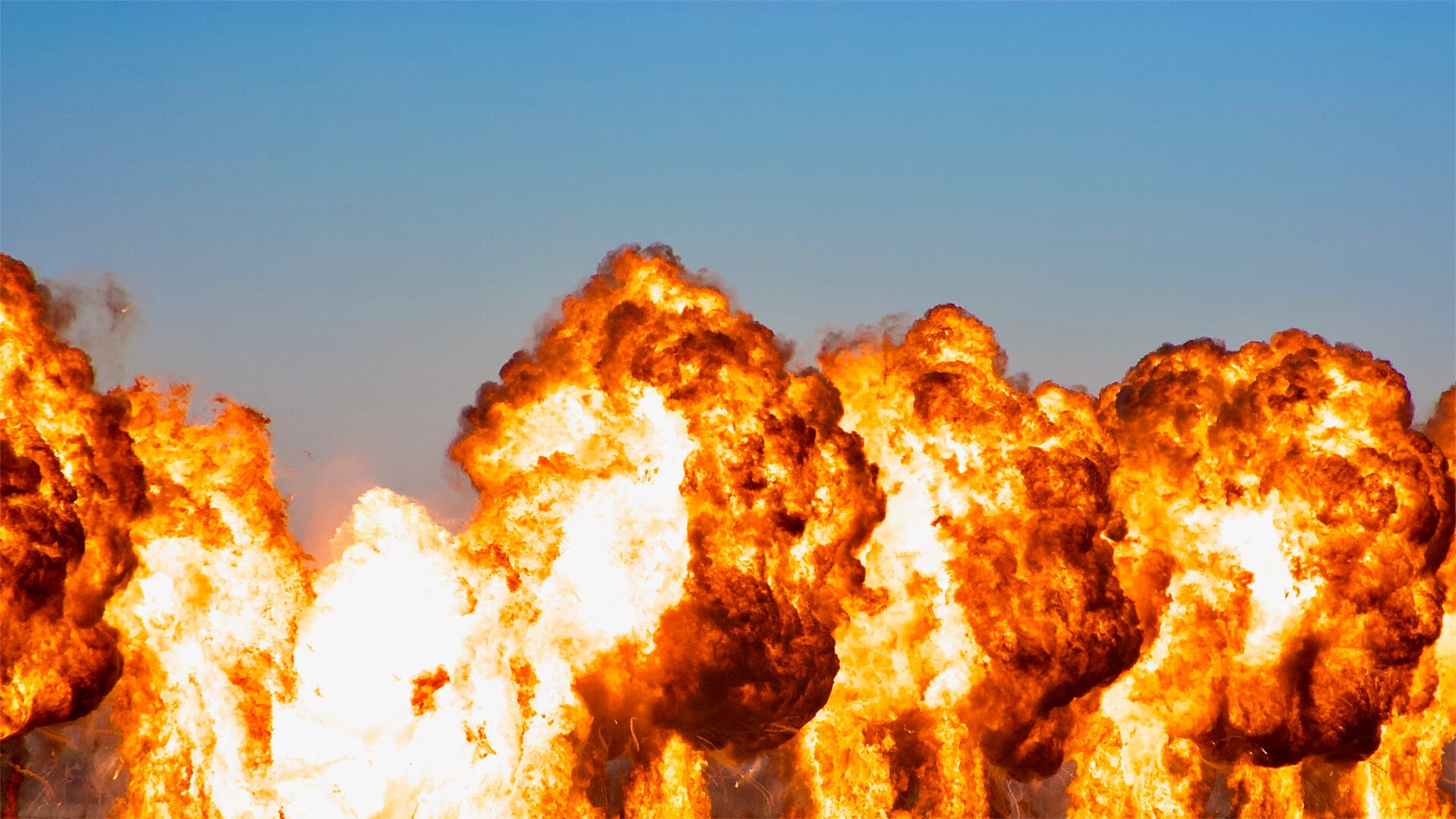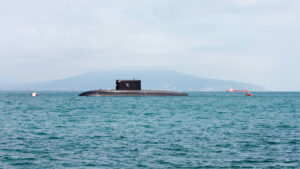Ukraine has been ramping up drone strikes and they just successfully hit another refining complex in Russia. The strike on the Nizhny Novgorod complex triggered a major fire and caused significant damage to storage units as well as other refining equipment. The pipeline network, however, remains intact.
This attack highlights Ukraine’s ability to strike Moscow and just how vulnerable Russian infrastructure is to drone attacks. Since the majority of the Russian population and infrastructure falls within striking distance, we could see major disruptions to Russian exports.
As Ukrainian drone strikes continue to ramp up, there will likely be far-reaching implications for Russian oil. We’ll continue to monitor this situation and release updates as needed.
Here at Zeihan On Geopolitics we select a single charity to sponsor. We have two criteria:
First, we look across the world and use our skill sets to identify where the needs are most acute. Second, we look for an institution with preexisting networks for both materials gathering and aid distribution. That way we know every cent of our donation is not simply going directly to where help is needed most, but our donations serve as a force multiplier for a system already in existence. Then we give what we can.
Today, our chosen charity is a group called Medshare, which provides emergency medical services to communities in need, with a very heavy emphasis on locations facing acute crises. Medshare operates right in the thick of it. Until future notice, every cent we earn from every book we sell in every format through every retailer is going to Medshare’s Ukraine fund.
And then there’s you.
Our newsletters and videologues are not only free, they will always be free. We also will never share your contact information with anyone. All we ask is that if you find one of our releases in any way useful, that you make a donation to Medshare. Over one third of Ukraine’s pre-war population has either been forced from their homes, kidnapped and shipped to Russia, or is trying to survive in occupied lands. This is our way to help who we can. Please, join us.
TranscripT
Hey everybody. Peter Zeihan here coming to you from outside of Nederland, Colorado. The news today is that the Ukrainians have taken some long range drones excuse me, and throw them in some Russian targets, some of which are over 1000 miles from the border. The ones that matter the most is a refining complex in the city of Nazi Novgorod, which is a couple of hundred miles east of Moscow that sits on a major pipeline nexus.
They haven’t damaged the pipeline system and you’re not going to probably not going to do that in any meaningful way for drones because they could be repaired so quickly. And so they went after some of the refineries. Now, if you’re looking for a Hollywood style explosion, you’re never going to see that in a refinery. There’s a lot of standoff distance and the stuff that’s flammable is usually not adjacent to other stuff that is flammable.
That doesn’t mean you can’t do a significant amount of damage. And in this case, it looks like they were going after some of the fractionation columns and at least a couple of the storage tanks, fuel storage tanks. At least one hit was significant to the point that it caused a major fire, that at the point that I’m recording this, at the point that I’m recording this about 8 hours after the attack is still burning.
Something to keep in mind, Russia is a big ass place. And as the Germans discovered during World War Two, they have to move things further and further and further from the western periphery in order to protect it from air assaults. But in the age of drones, this doesn’t matter nearly as much because these things have ranges in the hundreds of miles, which means that everything in European Russia, which is where 75, 80% of the Russian population live and most of the physical infrastructure is is potentially in range.
So while the Ukrainians can’t shut the country down, they can cause enough interruptions to the processing capacity that and maybe even pumping stations that make it difficult for the Russians turn export income. And the impact of that could be far more than what the West has done with sanctions on the Russians so far. We’ve seen this with a few port facilities in recent weeks, and now the Ukrainians are demonstrating the capacity to strike deeper and deeper and deeper into Russia.
And they have now almost been able to reach Tatarstan, which is the most important access point that the Russians have, because it sits on the infrastructure that connects European Russia to all of Siberia. And if for whatever reason, there’s meaningful damage there, you’re talking about something like a third of Russian oil exports go off line overnight. So that is what’s to watch for in the days ahead.
Stay tuned.








